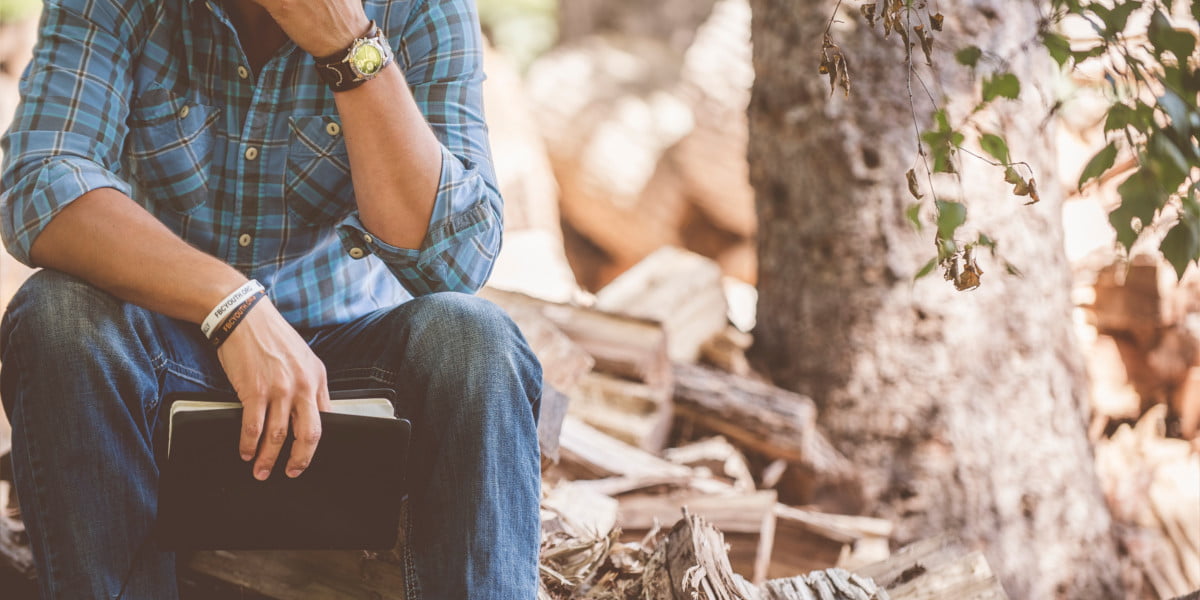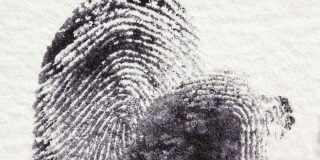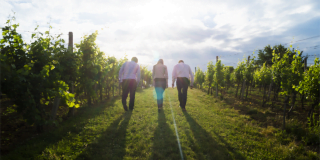The safe schools program has become the centre of a storm of controversy, so yesterday I decided to check it out for myself. I spent some time reading through the curriculum guide designed for students in years seven and eight. “All of us” consists of 8 lesson plans, with each lesson revolving around a video clip in which a young person tells of their experience of alternate sexuality, an interactive exercise to help students build empathy for those of different sexualities, and a discussion guide. The alternate sexualities discussed are: homosexuality; bisexuality; transgender; and intersex.
At no stage did the curriculum try to tell young people what form their sexuality should take. Rather, the curriculum’s focus is on understanding the experience of others. It does assume that:
- Gender cannot be equated with biological sex. Gender is used to describe our perceptions of what it means to be “masculine” or “feminine”. For example, when I was growing up it was common to say that women were more emotional than men and that men were more assertive than women. The curriculum quite correctly I think assumes that these are not actually imperatives of our sex but are social constructs of gender. Understood this way the curriculum is able to speak not simply of those who are feminine or masculine, but those who choose not to identify with any of the broader cultural perceptions of masculinity and femininity but would describe themselves as some form of gender neutral.
- Our schools are composed of children with diverse sexualities and that every student should respect the other, even those who sexuality is different to their own. That diverse sexualities exist seems to me to be an incontrovertible truth. Some people are same-sex oriented, some are bisexually oriented, some are transgender (“an umbrella term used to describe people whose gender identity is different from the sex assigned to them at birth.”) and some are intersex (“people who are born with natural variations in genital, chromosomal or other physical characteristics that differ from stereotypical ideas about what it means to be female or male”). And if that is the case then yes I want my children to be part of a school community that respects rather than marginalises, vilifies, or bullies kids because of their sexuality.
I understand why this is challenging for many adults. I grew up in an era when we imagined sexuality in very simple and binary terms. I never dreamt of thinking of gender and biological sex as distinct from one another, and while I was aware of homosexuality, it was generally regarded as a choice a person made. Transgender and intersex sexualities were not even on my radar. A man was a man, a woman was a woman, and homosexuals were “poofters” to be mocked and pilloried. Yet homosexual, bisexual, transgender and intersex kids existed, but they learned to remain in the shadows, fearful of exposure, convinced there was something wrong with them, and with an extraordinarily high suicide rate. I for one am thankful my kids generation are not being condemned to repeat the ignorant and bigoted ways of my generation.
Since I was a kid, evangelical Christians have made a long journey on this issue as well. It’s standard now amongst evangelical Bible scholars to argue that the Bible’s concern is with sexual behaviour not sexual orientation. As far back as the early 90s a conservative evangelical leader such as John Stott could write that
“we all have a particular sexual orientation. The American zoologist Alfred C Kinsey’s famous investigation into human sexuality led him to place every human being somewhere on a spectrum from 0 (and exclusively heterosexual bias, attracted only to the opposite sex) to 6 (an exclusively homosexual bias, attracted only to the same sex…). In between these poles Dr Kinsey placed varying degrees of bisexuality, referring to people whose sexual orientation is either dual or indeterminate or fluctuating… We have grown accustomed to distinguish between homosexual orientation or “inversion” (for which people are not responsible) and homosexual physical practices “for which they are”. The importance of this distinction goes beyond the attribution of responsibility to the attribution of guilt. We may not blame people for what they are, though we may for what they do. And in every discussion about homosexuality we must be rigorous in differentiating between this “being” and “doing”, that is between a person’s identity and activity, sexual preference and sexual practice, Constitution and conduct.” (Issues Facing Christians Today, third edition page 336-338)
The debate has moved a long way since Stott wrote, but his essential point that being and doing are two different things should allow even the most conservative evangelical to support the notion that there are diverse experiences of sexuality and that we must recognise these and shower one another with grace and welcome. As far as I can see that’s all the safe schools program is doing.
Of course, the safe schools discussion occurs within a society in which it is assumed that not only are there diverse experiences of sexuality, but that people should be free to embrace sexual behaviours that give expression to their sexual identity and orientation. This is also assumed within the safe schools curriculum. And that is where many evangelical Christians will struggle. But if we are to have a discussion about accepting one another, in today’s society it is always going to be in the context of a community ethos that is at odds with traditional Christianity. This should not mean we avoid the discussion. It is a discussion we must have and that our kids must have. School playgrounds can be the most cruel places on the planet and kids who are same-sex oriented, bisexually oriented, transgender or intersex should not be made to feel that their humanity is diminished, that they are unwelcome or unsafe. From what I saw, the year 7 to 8 safe schools curriculum at least, opens up the discussion around this and does so quite brilliantly.







Why I hope they’ll teach the safe schools curriculum in my son’s school | https://t.co/6loqoINYbU https://t.co/v5ccu45c3K
As always a well written and thought or piece Scott- thankyou. I was attending a conference on creating communities earlier this week, where it was pointed out (by Magda Subanzki) that people in the LBGTQI community are unlike any other minority (culture, religious, gender) in that the other family members most often don’t share the minority status. I can’t imagine how isolating that must feel. ….all the more reason to support the safe schools policy.
Thanks Kylie. Great observation from Magda Subanzki.
There is a book exploring communities just like that (It’s on my to read list, haven’t just yet). Far from the tree by Andrew Solomon. He suggests there is much in common with a number of minority communities; deaf, LBGTQI, dwarfs and other, where the parents’ experience is different to their children. You may find it interesting.
Well done Scott. It is important that Christians are not and are not seen as intolerant rusted in conservative fundamentalists.
Andris
Thanks Andris
Thank you for this balanced commentary in the midst of dishonest hysteria
Thanks mj
Thank you Scott for another well thought out piece. Life is certainly different now from when I was a child and there are so many different issues. I agree with you absolutely.
Thanks Joanne
As a Christian in my seventies who has spent the past sixty plus years in Evangelical Open Brethern, Church of Christ and the past forty years in the Baptist community, I confess I still struggle somewhat with this issue. Two things over the past eight years that have helped me in my struggle are : A female Malaysian Christian friend who also works with refugees in Malaysia as I do, who identifies as a Lesbian and your articles on the issue. Thanks Scott. My struggle continues but I think I’m moving forward.
Thanks Andy. Humbled by your comments.
What of Romans 1:24-27? “dishonourable passion”, “contrary to nature” (in reference to sexual orientation/desires)
My wife was involved in presenting a similar program a few years ago. While all the presenters received the same training and basic material, the material was presented in vastly different ways. One presenter pushed a particular position strongly, using the program as a vehicle for a particular social agenda. While this was noted by other presenters, the organisation was staffed by people with a similar bent. Criticism was not welcome.
I fear this is the direction that Safe Schools may take.
You all need to listen to this:
http://mpbc.s3.amazonaws.com/podcasts/2016/safeschools.mp3
Thank you so much for that link Matt on 22 June 2016, so much more useful information than someone’s quick look at Safe Schools